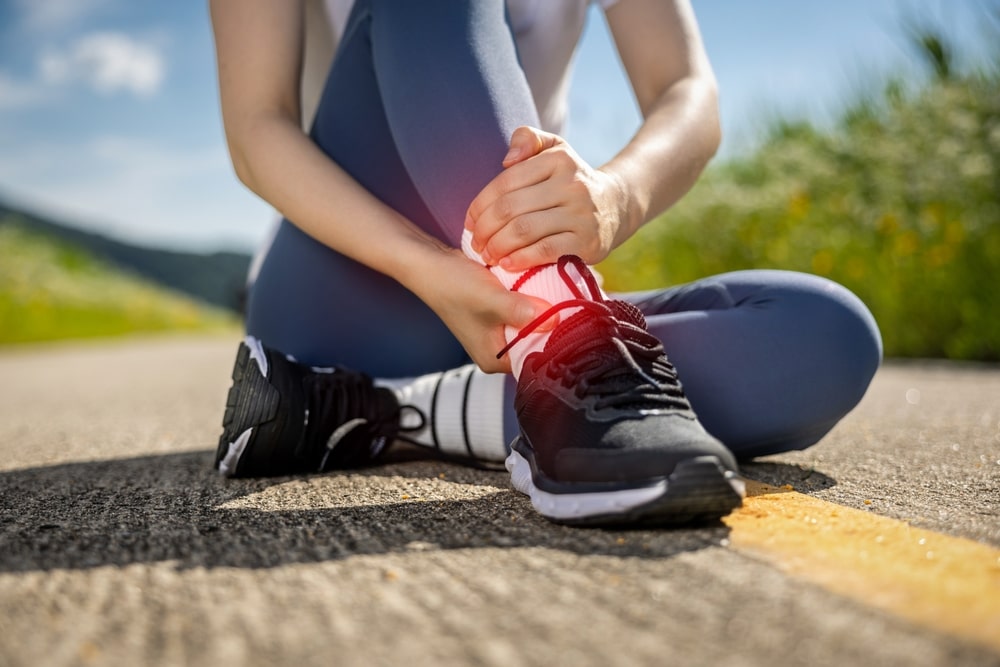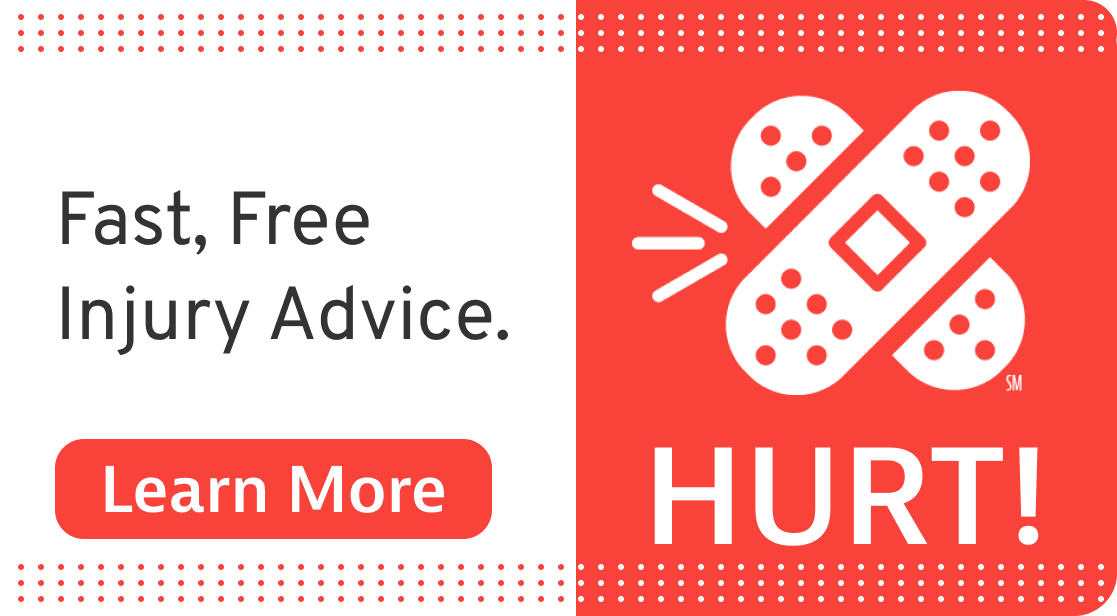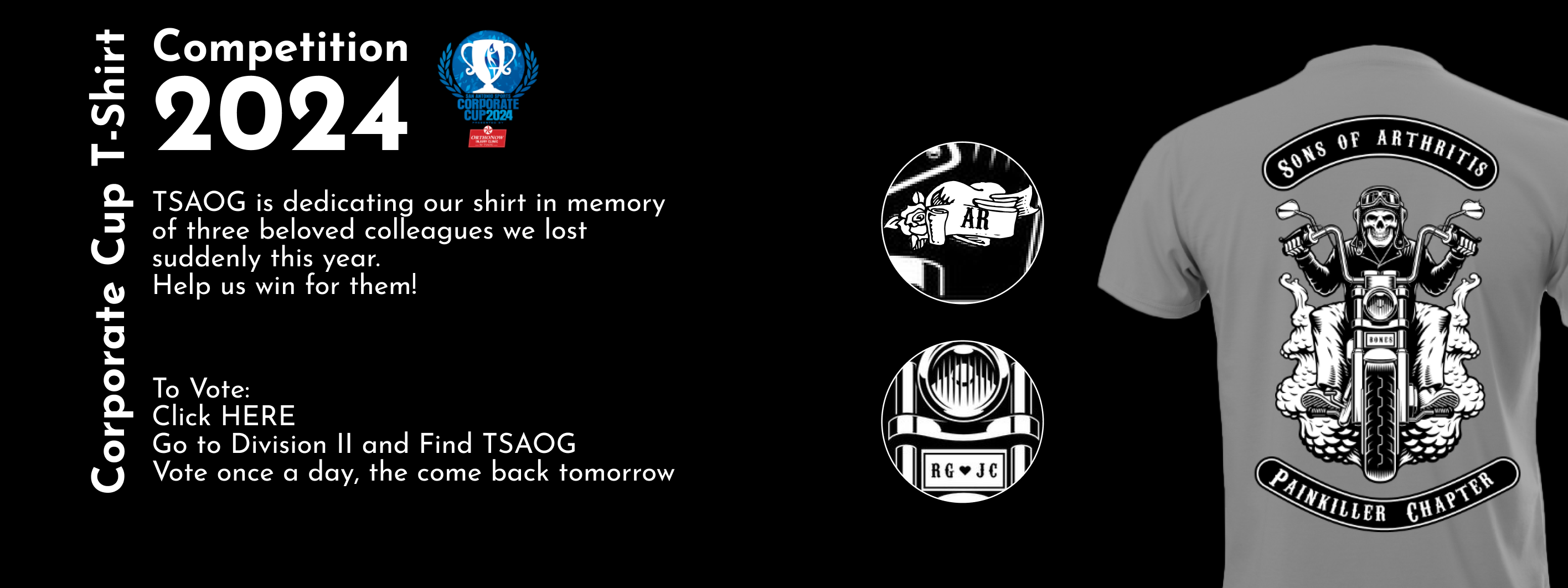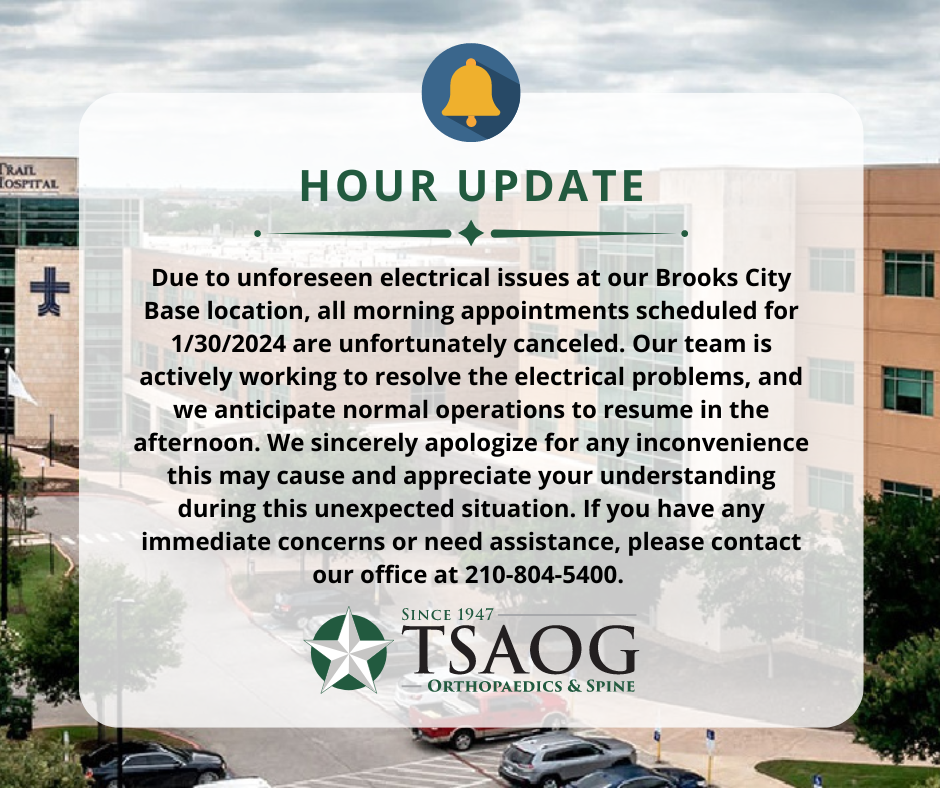Over 70 million adults (1 in 3) in the United States are affected by arthritis. There are 3 basic types of arthritis: rheumatologic (inflammatory) arthritis, post-traumatic arthritis, and osteoarthiritis. Inflammatory arthritis, like rheumatoid arthritis, is a condition in which the body sends inflammatory factors to the joint which destroys the joint over time. Post-traumatic arthritis occurs after an injury in which there was damage to the joint which accelerates the breakdown of the joint. The most common type of arthritis is osteoarthritis, which primarily affects middle aged and older adults and is often referred to as “wear and tear” arthritis.
There are many factors that contribute to osteoarthritis and some are out your control. These factors include genes (whether or not your parents have arthritis) and gender (women have more knee arthritis). Factors that you can influence include weight, activity level and diet. A recent study presented at the American College of Rheumatology Annual Meeting in Washington, D.C. showed that an increased consumption of sugary carbonated drinks in men with osteoarthritis worsened their arthritis. This finding did not occur in women in the same study. While the association of sodas to worsening arthritis in the study was not entirely conclusive, it is an interesting finding. What this suggests is that there are things that you can do to improve function and lessen your pain from arthritis.
What can you do to reduce arthritis pain and improve function?
- Maintaining a proper body weight is very important in protecting your joints and reducing pain. As you walk or run, the force that your knee experiences, is several times more than your body weight. If you are carrying extra weight, that amount is multiplied in load across the knee. You can imagine how sore your knees are after carrying a 50lb box throughout the day. That is the same effect that your knee experiences if you are 50lbs overweight.
- Engage in regular exercise and stretching. Proper strength and flexibility of the joints can reduce pain and improve function even in patients with established arthritis.
- Modify your daily activities. If you perform physically demanding work with arthritis, it is reasonable that an adjustment to the amount of physically demanding work may improve your symptoms.
- Use tools to aid in movement. A brace or cane may help to relieve the load on your joints and improve function.
- Reduce soda consumption??? While it remains to be seen if soda intake can be definitively shown to accelerate arthritis in men, there is no question that it can contribute to weight gain, which has been clearly shown to effect arthritis pain. If you’d rather be safe than sorry, it’s probably not a bad idea to cut back on sodas if you suffer from arthritis.
If you are unable to control arthritis symptoms on your own, there are excellent non-operative options available to improve your symptoms such as medications, injections (such as viscosupplementation) and physical therapy. As an orthopaedic surgeon, these are some of the things I use commonly to relieve arthritis pain and improve function. For those patients who have not improved after non-operative options have been exhausted, surgery is a great option to reduce pain and improve function. Advances in surgical techniques and technology allow for quick recoveries after arthroscopic surgery and total joint replacement alike.
Dr. S. Josh Bell is an orthopaedic surgeon, with additional subspecialty certification in orthopaedic sports medicine. He treats all orthopaedic conditions, with the exception of the spine, for patients aged 11 years and up. His special interests include total joint replacement of the hip and knee and arthroscopic surgery. To schedule an appointment with Dr. Bell, please call 210.281.9595.














